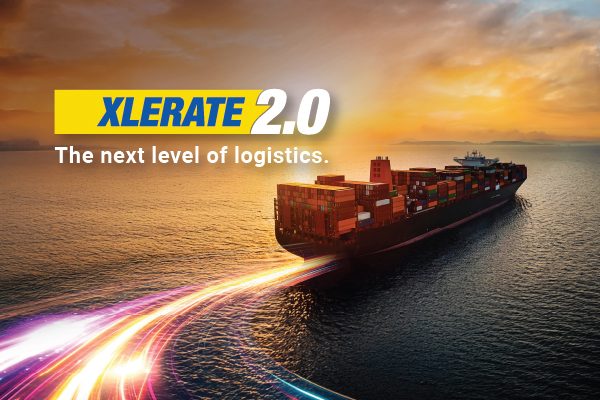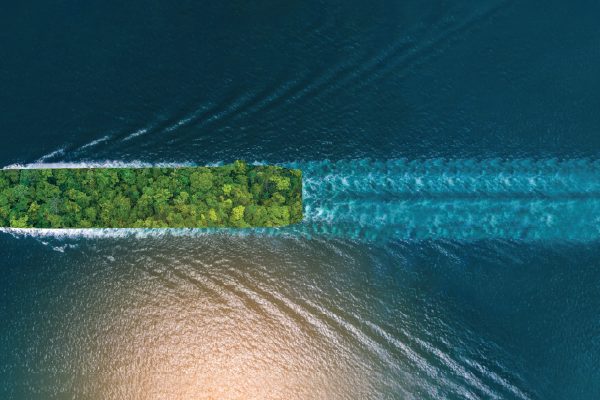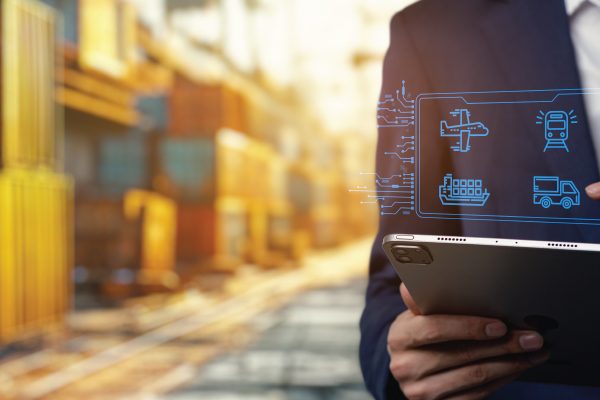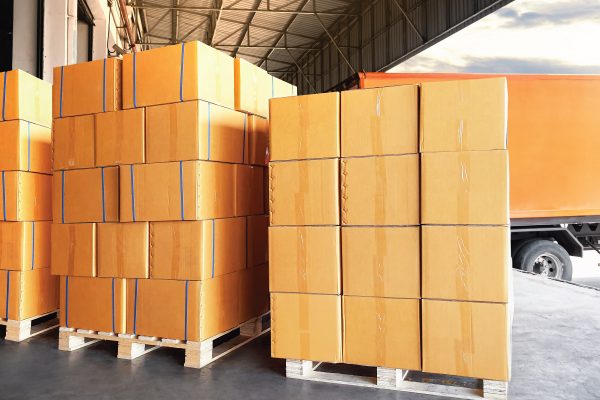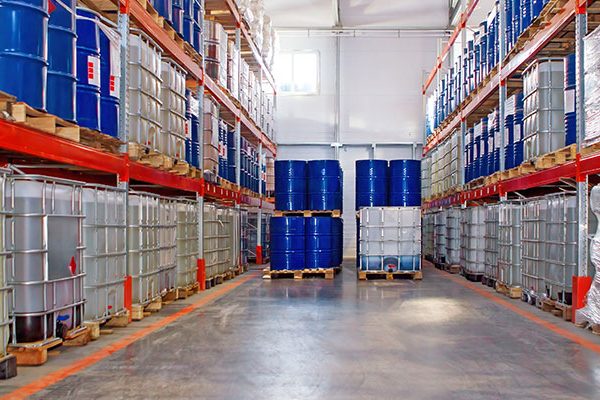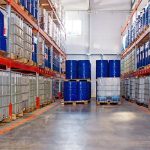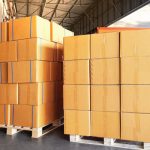The movement towards a sustainable solution to reduce carbon emissions is making the logistics and shipping industry look for viable alternatives. Here’s what the world leader in LCL, ECU Worldwide, is doing to make a difference.

Along with playing a pivotal role in global trade and connectivity, the shipping industry is also taking various measures to care for the planet. With rising temperatures and high levels of AQI recorded in cities across the globe, there has been an increasing concern over greenhouse gas emissions voiced by end consumers who are seeking responsible supply chain solutions.
The EU’s Emissions Trading System (ETS) has expanded its purview to include shipping, thereby creating immediate financial and operational pressure for logistics providers to reduce emissions. The goal is clear: achieving sustainable shipping practices that align with global climate targets. With hydrogen and ammonia, though promising, still being years away from large-scale commercial deployment, there is an urgent need for an alternative solution, a realistic bridge: a solution that’s clean, scalable, and viable now.
From Waste to Way Forward: The BIO-LNG Breakthrough
Picture this: what once lay discarded as cow dung or crop residue now fuels vessels across oceans. That’s the transformative promise of BIO-LNG. Sourced from organic waste, this fuel captures harmful methane before it escapes into the atmosphere—a gas that’s up to 25 times more potent than CO₂ over 100 years.
By enabling vessels to meet IMO 2030 and 2050 emission targets while maintaining operational efficiency, BIO-LNG offers a practical route to decarbonization on select trade lanes.
In doing so, it closes the loop between waste and energy, tradition and innovation.
By switching from fossil fuels to BIO-LNG, ECU Worldwide drastically reduces emissions, gives customers a sustainable edge, and aligns with global climate goals. With the IMO calling for a 50% emissions cut by 2050, this isn’t just the future of shipping, it’s the future of survival.
GreenwayZ: Decarbonizing shipping, practically
The world’s no. 1 LCL consolidator, ECU Worldwide’s GreenwayZ program is built around this premise – using BIO-LNG as a practical alternative for cleaner shipping. “Sustainability is no longer a conversation for tomorrow. It is the lens through which every supply chain decision must be made today. GreenwayZ is designed to help vessels meet IMO targets while maintaining cargo flow efficiency and operational reliability. It is now being launched across key trade lanes, with planned expansion into high-demand markets, says Chris Rydl, Global Head of Sustainability, ECU Worldwide.
From small businesses to global enterprises, customers can now opt for a logistics solution that’s not just faster or more efficient but also more conscious. Using tools like the book-and-claim model for liquefied biomethane (LBM), businesses can offset up to 100% of their CO₂ emissions, making sustainability tangible and actionable.
With the focus on the judicious use of agricultural waste, GreenwayZ is turning rural waste into global value. This approach ensures sustainability woven into the economy, where cleaner oceans begin on land.
In parallel, ECU Worldwide has committed to reaching carbon neutrality by 2040. GreenwayZ is one of several initiatives feeding into this larger sustainability roadmap, allowing customers to access low-emission options and offset their carbon footprints through certified, verifiable book-and-claim mechanisms.
Cleaner cargo, smarter choices
As global trade leans into a new era, ECU Worldwide’s commitment to sustainability is demonstrated through the GreenwayZ program. It represents more than an emissions-reduction strategy — it represents a vision where progress aligns with planetary health.




